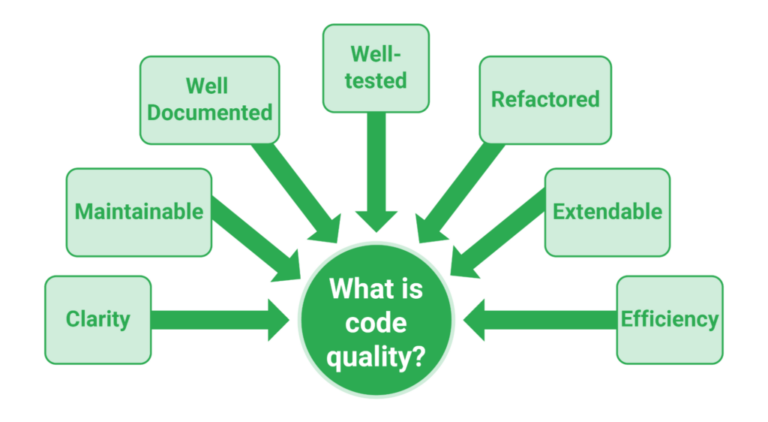Godot Engine: Revolutionizing Game Development with Open-Source IDE
Introduction
Godot Engine has emerged as a leading force in the game development industry, providing developers with a powerful and versatile Integrated Development Environment (IDE) that fosters creativity, collaboration, and innovation. As an open-source IDE, Godot Engine offers a unique set of features and capabilities that empower developers of all skill levels to create captivating and immersive gaming experiences. In this article, we’ll explore how Godot Engine is revolutionizing game development and reshaping the landscape of the industry.

Accessibility and Flexibility
Godot Engine’s open-source nature makes it accessible to developers worldwide, regardless of their budget or resources. Unlike proprietary IDEs, Godot Engine is freely available for anyone to download, use, modify, and distribute, democratizing game development and lowering the barrier to entry for aspiring developers. Additionally, Godot Engine supports multiple platforms, including Windows, macOS, Linux, and HTML5, allowing developers to create games for a wide range of devices and operating systems.
Intuitive Visual Editor
One of the standout features of Godot Engine is its intuitive and user-friendly interface, which makes it easy for developers to get started with game development. The IDE provides a visual editor that allows developers to create game worlds, characters, and assets with ease, using a drag-and-drop interface. With Godot Engine’s visual editor, developers can prototype, iterate, and refine their game designs quickly, bringing their ideas to life with minimal friction.

Versatile Scripting Language
Godot Engine supports multiple programming languages, including GDScript (a Python-like scripting language), C#, and C++, giving developers the flexibility to choose the language that best suits their needs and preferences. GDScript, in particular, is optimized for use with Godot Engine and offers a simple syntax and powerful features that make it ideal for game development. With GDScript, developers can create complex gameplay mechanics, implement AI behaviors, and add interactive elements to their games with ease.
Node-Based Scene System
Godot Engine’s node-based scene system enables developers to create complex game scenes and hierarchies with ease. By connecting nodes together and defining their properties and behaviors, developers can create dynamic and interactive game worlds that captivate players and immerse them in the gaming experience. Whether it’s designing levels, creating characters, or adding special effects, Godot Engine’s node-based scene system provides developers with the tools they need to bring their creative visions to life.
Read about also: Construct: Empowering Game Development for Non-Programmers
Performance and Optimization
Despite being open-source and freely available, Godot Engine is capable of delivering high-performance games that run smoothly on a variety of platforms. The IDE provides tools for optimizing game performance, reducing memory usage, and maximizing frame rates, ensuring that developers can create games that are both visually stunning and highly responsive. With Godot Engine, developers can focus on creating engaging gameplay experiences without worrying about performance limitations.
Conclusion
Godot Engine stands as a testament to the power of open-source collaboration and innovation in the game development industry. With its intuitive interface, versatile feature set, and focus on performance and optimization, Godot Engine empowers developers to create breathtaking and immersive gaming experiences that push the boundaries of what’s possible in game development. Whether you’re an indie developer working on a passion project or a professional studio creating the next blockbuster title, Godot Engine provides the tools and resources you need to bring your vision to life and captivate players around the world.







